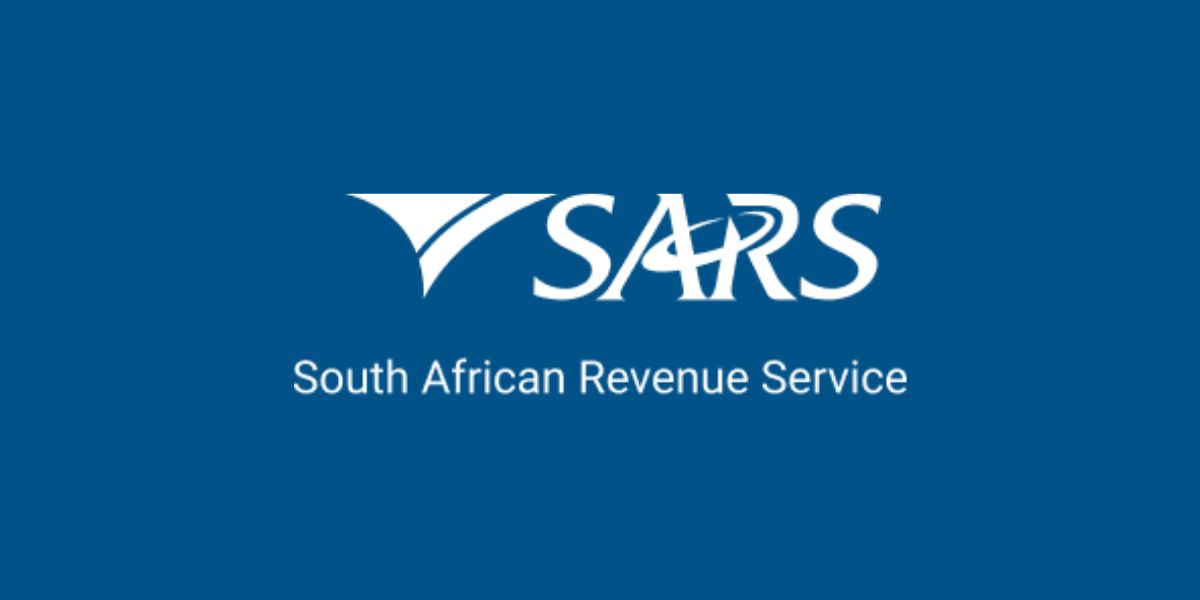On 26 July 2021 the OECD published the stage 2 peer review report on South Africa in relation to making dispute resolution mechanisms more effective under action 14 of the action plan on base erosion and profit shifting (BEPS).
The minimum standard under BEPS action 14 is concerned with improving tax dispute resolution, and member countries of the OECD’s Inclusive Framework are committed to complying with the minimum standard and being reviewed and monitored in the peer review process.
The stage 1 peer reviews assessed countries against the terms of reference of the action 14 minimum standard under an agreed schedule; and Stage 2 monitors the follow-up of the recommendations from the stage 1 peer review.
The report notes that South Africa has a relatively small MAP programme with 25 cases pending on 31 December 2019. South Africa’s double tax treaties are generally in line with the requirements of the Action 14 minimum standard.
Around 25% of the tax treaties do not contain a provision for mutual agreements to be implemented regardless of any time limits in domestic law, as required under Article 25(2) of the OECD Model, and do not contain the alternative provisions in Article 9(1) and Article 7(2) to set a time limit for making transfer pricing adjustments.
Around 10% of the tax treaties do not contain an equivalent of the second sentence of Article 25(3), of the OECD Model providing for the competent authorities to consult together for the elimination of double taxation for cases not provided for in the tax treaty.
South Africa has signed the Multilateral Instrument (MLI) to implement tax treaty related BEPS provisions into bilateral tax treaties; and intends to use this to update some of its tax treaties to fulfil the requirements under the minimum standard. In the case of treaties not covered by the MLI South Africa intends to engage in bilateral negotiations to update the provisions, however there was not specific plan in place at the time of the peer review.
The minimum standard requires countries to have an advance pricing agreement (APA) program providing for the roll-back of the APAs in appropriate cases. South Africa has no bilateral APA programme in place and cannot therefore meet this requirement. South Africa has indicated that it does not currently anticipate any change to this situation.
South Africa meets almost all the requirements regarding the availability and access to MAP under the minimum standard. It provides access to MAP in all eligible cases. However, where tax treaties do not include a time limit for submission of a MAP request, South Africa’s domestic legislation may lead to a period of less than three years as from the first notification of the action resulting in taxation not in accordance with the provisions of a tax treaty.
There is a bilateral consultation process for situations where the competent authority considers the issue raised by taxpayers in a MAP request is not justified. There is also clear and comprehensive guidance on the availability of MAP and its practical application under tax treaties.
In 2018 and 2019 MAP cases were on average not closed within a timeframe of 24 months, which is the target time period, as the average time necessary was 26.50 months. Countries have indicated there may be delays in receiving position papers from South Africa, so additional resources should be provided to the competent authority to handle MAP cases.













